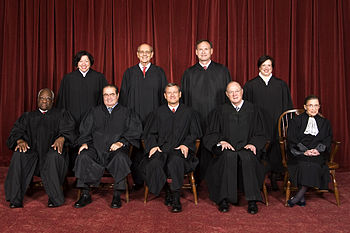In a few weeks, the Bay Area’s streets and storefronts again will be beset with card tables guarded by vested purveyors of one the most addictive of substances known to humanity: Girl Scout Cookies.
As a “girl dad,” I’m an accomplice, box carrier and money-launderer for this racket. I am also grateful that I was born a century too late for the era when girls baked their own cookies to sell. Talk about doing double the work. This was long before they became commercially made in Kentucky and South Dakota and shipped to girls nationwide.

For many, Girl Scout Cookies are a siren’s song for snacking. They are the most reliable fundraising vehicle for everything from troop trips to supporting their favorite charitable organizations. Despite the price creeping up to $6 a package in 2022, sales continue at a healthy pace.
Healthy also brings me to a crossroads of observations. The Girl Scout organization heralds the program as one “filled with leadership and life lessons.” Plenty of life lessons are here for girls, like the courage to speak to people, step out of one’s comfort zone to try their hand at selling, managing inventory and money and caring for your customer.
There are also lessons in being rejected. A great many booths are outside the grocery store, where folks can get cookies for less than the $6 cost. Like the girls, I understand that household budgets often means the answer is going to be “no.”
As a five-year veteran of hearing that word, I’m fine with it, and even applaud getting the courtesy of a response. Some walk by as though the girls are invisible figments of the imagination. A polite “no” or “no, thank you” goes a long way, even a smile and a nod can buoy their spirits during their two- to three-hour shifts at a cookie booth.
My one wish for my fellow adults would be this: Never apologize for saying no, and don’t offer excuses. You’re an adult, and we each try to teach our youngins to respect adults. Rejection is part of the process, and there are lessons in being told no. Every interaction can be a teachable moment, but not every interaction needs to be one
To that end, my second wish is to not offer excuses, particularly if they contradict observable evidence. There is no need to tell a Girl Scout more than a no, like you are a diabetic or counting calories. Both are a personal health matter, but far too often, it’s problematic.
These freckled ninjas are the same children who find Christmas gifts hidden in the tool shed. If you’re diabetic or watching what you eat, rest assured they’re asking their caregiver why a diabetic or diet-aware person has a half gallon of ice cream and case of regular Coca-Cola in your basket. It is none of their business what you’re buying any more than it’s any of their business why you chose to say no. No is enough.
The broader issue is what girls are hearing in your words of cutting carbs, or can’t fit into your favorite dress, or any number of other excuses offered beyond the polite no, thank you. From an early age, girls begin to associate looking thin or self-control issues around food to be a worry that they don’t need to worry about.
On the sidelines, there’s conditioning that goes into that as well. Girls and women often find themselves apologizing when it’s neither necessary nor there is cause for apology. The less-is-more of your polite “no, thank you” also teaches the girls that they can make a decision and stand by it, without needing to justify or explain themselves further.
“No, thank you,” will serve the girls best in the immediate moment and long-term, that is, unless you find yourself ready to support them by purchasing a box or two. (They’ll never say no, thank you to those whom choose to support their sale instead.)



